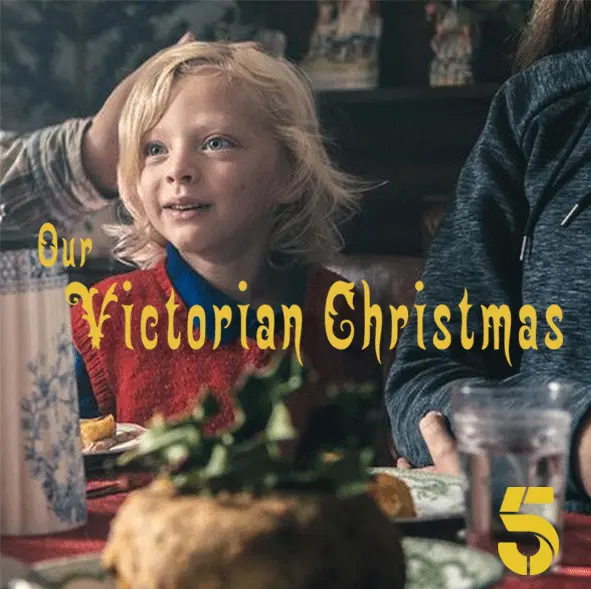I've published over a dozen articles in academic books and journals. You can find a full list of these publications on my Google Scholar profile. Here are some highlights:
‘You Kick the Bucket; We Do the Rest!’: Jokes and the Culture of Reprinting in the Transatlantic Press'
Journal of Victorian Culture, 17:3, (2012), pp: 273-286.
Winner of the Journal of Victorian Culture Essay Prize.
In December 1893 the Conservative candidate for Flintshire addressed an audience at Mold Constitutional Club. After he had finished attacking Gladstone and the local Liberal incumbent, he ended his speech with a joke. He advised the Conservative party to adopt, with regard to the government, the sign of an American undertaker: ‘You kick the bucket; we do the rest’. How did a sign belonging to a Nevadan undertaker become the subject of a joke told at a political meeting in North Wales?
This unlikely question forms the basis of this article. Using new digital archives, it tracks the journey of the gag from its origins in New York, its travels around America, its trip across the Atlantic, its circulation throughout Britain and its eventual leap into political discourse. The article uses the joke to illuminate the workings of a broader culture of transatlantic reprinting. During the final quarter of the nineteenth century miscellaneous ‘snippets’ cut from the pages of the American press became a staple feature of Britain's bestselling newspapers and magazines. This article explores how these texts were imported, circulated and continually rewritten in dynamic partnership between authors, editors and their readers.
‘Capital Company’: Writing and Telling Jokes in Victorian Britain.'
In Louise Lee (ed.), Victorian Comedy and Laughter: Conviviality, Jokes and Dissent, Palgrave, (2020), pp: 109-239.
This chapter considers the place of joke-writing and joke-telling in Victorian culture. Firstly, it outlines four ways in which Victorian observers accounted for the creation of jokes: (1) the work of anonymous professional humourists; (2) the observation and comic reinterpretation of real-life incidents; (3) spontaneous wit and (4) the endurance of seemingly ‘eternal’ jokes. Next, it considers how and why jokes were performed at Victorian social occasions, such as dinner parties, and explores their function as a form of conversational capital. Finally, the chapter traces the mass circulation of jokes in popular Victorian newspapers and magazines. As a case study, it tracks the reprinting of jokes from a single issue of Punch magazine and considers the ambiguous copyright status of these texts.
'The Most-Talked-Of Creature in the World: The American Girl in Victorian Print Culture.'
In Alexis Easley et al (eds.), Women, Periodicals, and Print Culture in Britain, 1830s-1900s: The Victorian Period, Edinburgh University Press, (2019), pp: 178-196.
As a celebrated and vilified figure in the British press, the 'American Girl' was a prominent form of contested femininity in Victorian Britain, one which Nicholson suggests was reflective of a growing fetishisation of America in British print culture, as well as a broader cultural anxiety about the effects of Americanisation. If Linton’s ‘Girl of the Period’ constituted a threat to the moral health of the nation from within, then the American girl was seen by many as an invasive threat to femininity from beyond Britain’s borders. Nicholson’s essay demonstrates the potency of the girl as a symbolic force in Victorian Britain, as well as the crucial role of periodicals in shaping the various, often competing cultural forms that she assumed.

























































